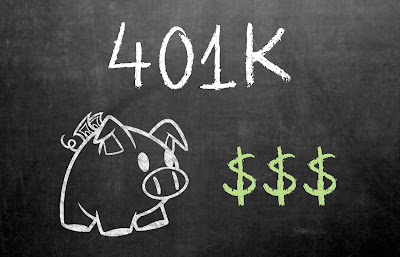Top mistakes when investing in a retirement plan

Image source: moneysense.ca A lot of people make mistakes when investing in their retirement plan. Such an endeavor takes decades to fulfill, and small missteps can have major repercussions on your life savings. Keep in mind that every job, every deposit, every effort you put into your retirement plan leads to you having a comfortable life after your professional life. With that in mind, here are the top mistakes people make when investing in their retirement plan. Investing on a plan with outdated assumptions If you are working with a relatively old insurance company, be sure to make sure that you update your retirement plan using a variety of market returns assumptions. Your savings, no matter how big they are, are still subject to real-world market conditions like recessions. Even small changes in the economy can easily derail your retirement plan. Always check the computations if there is a significant change in the market. Image source: moneysense.ca Reti...





